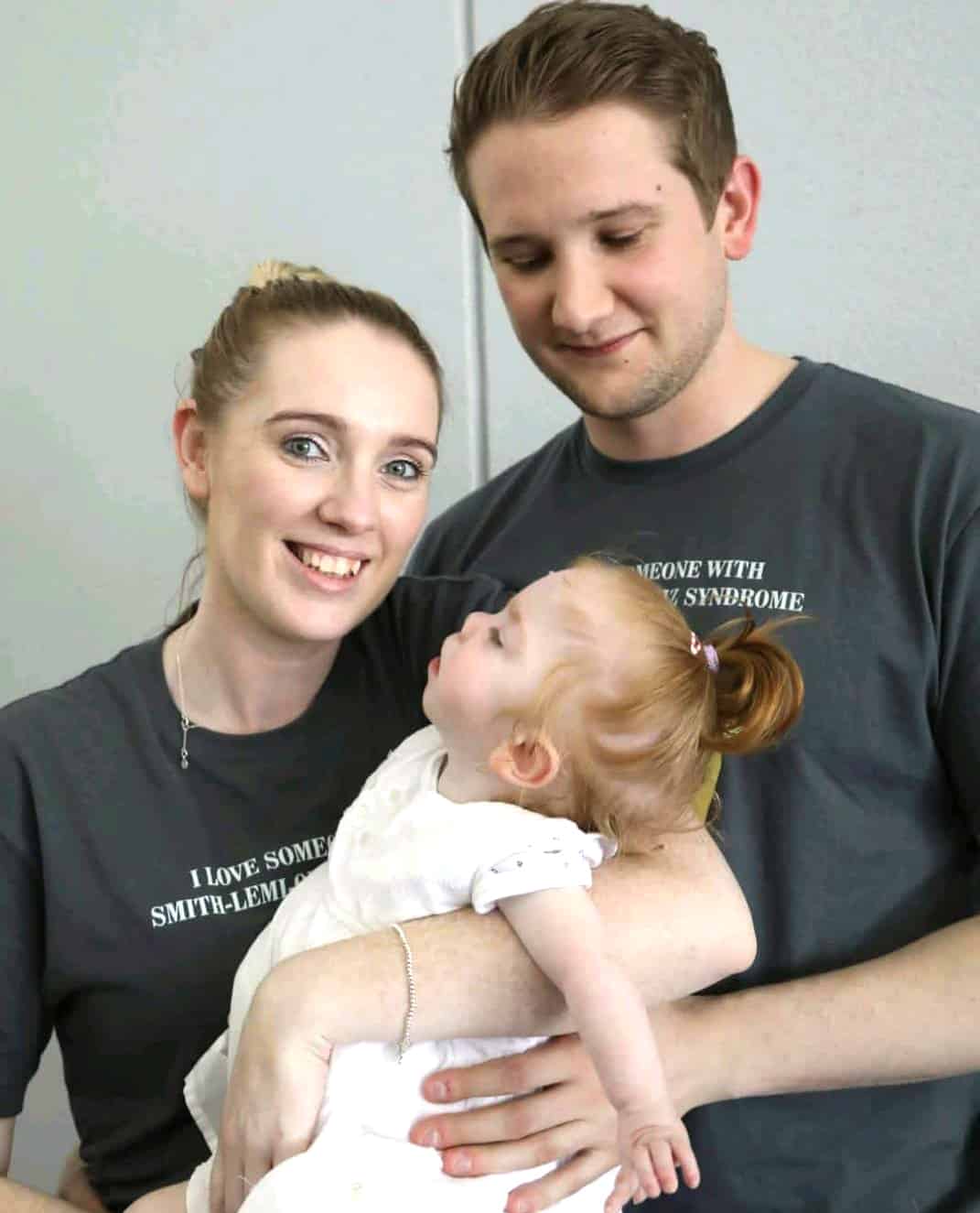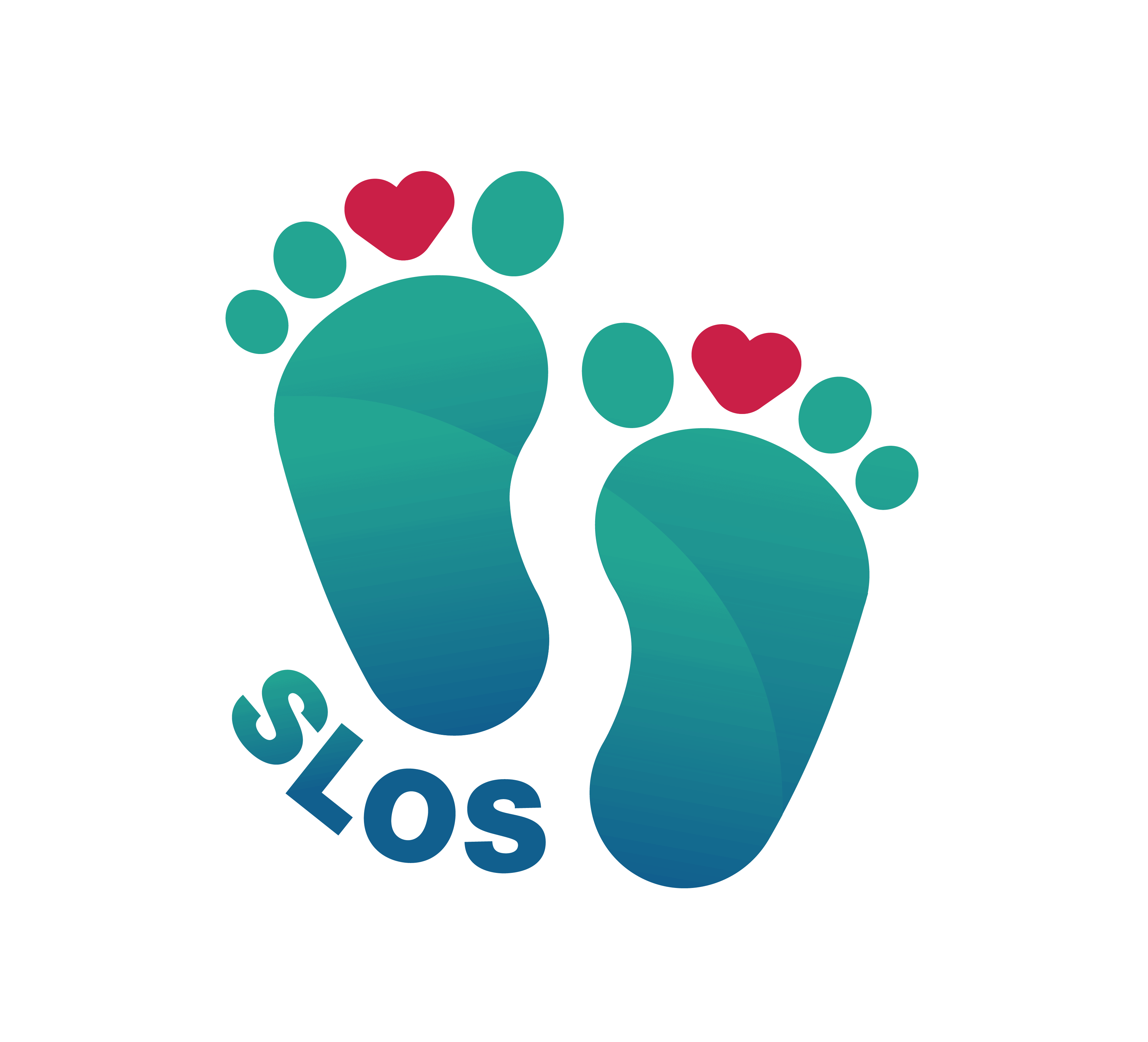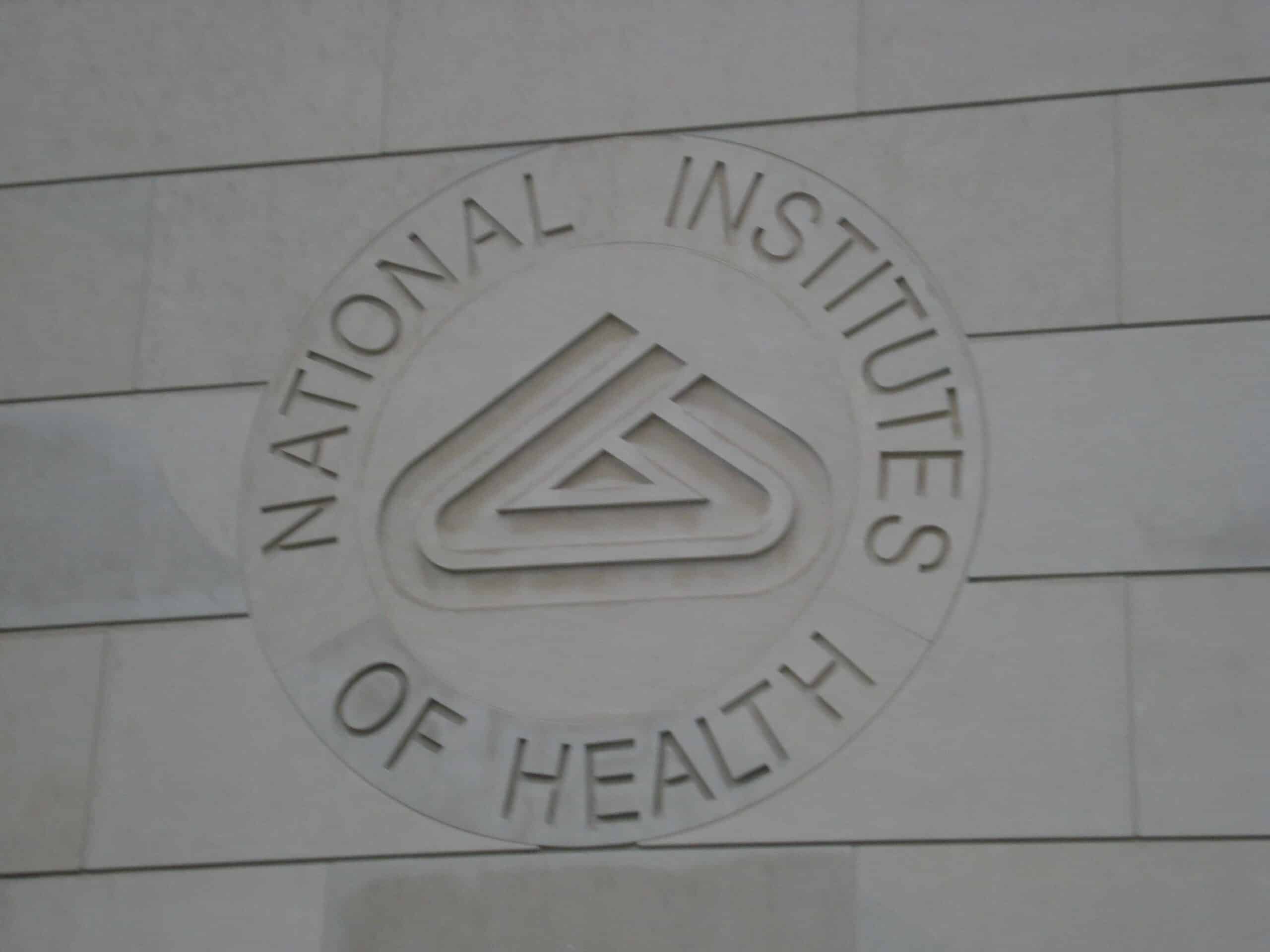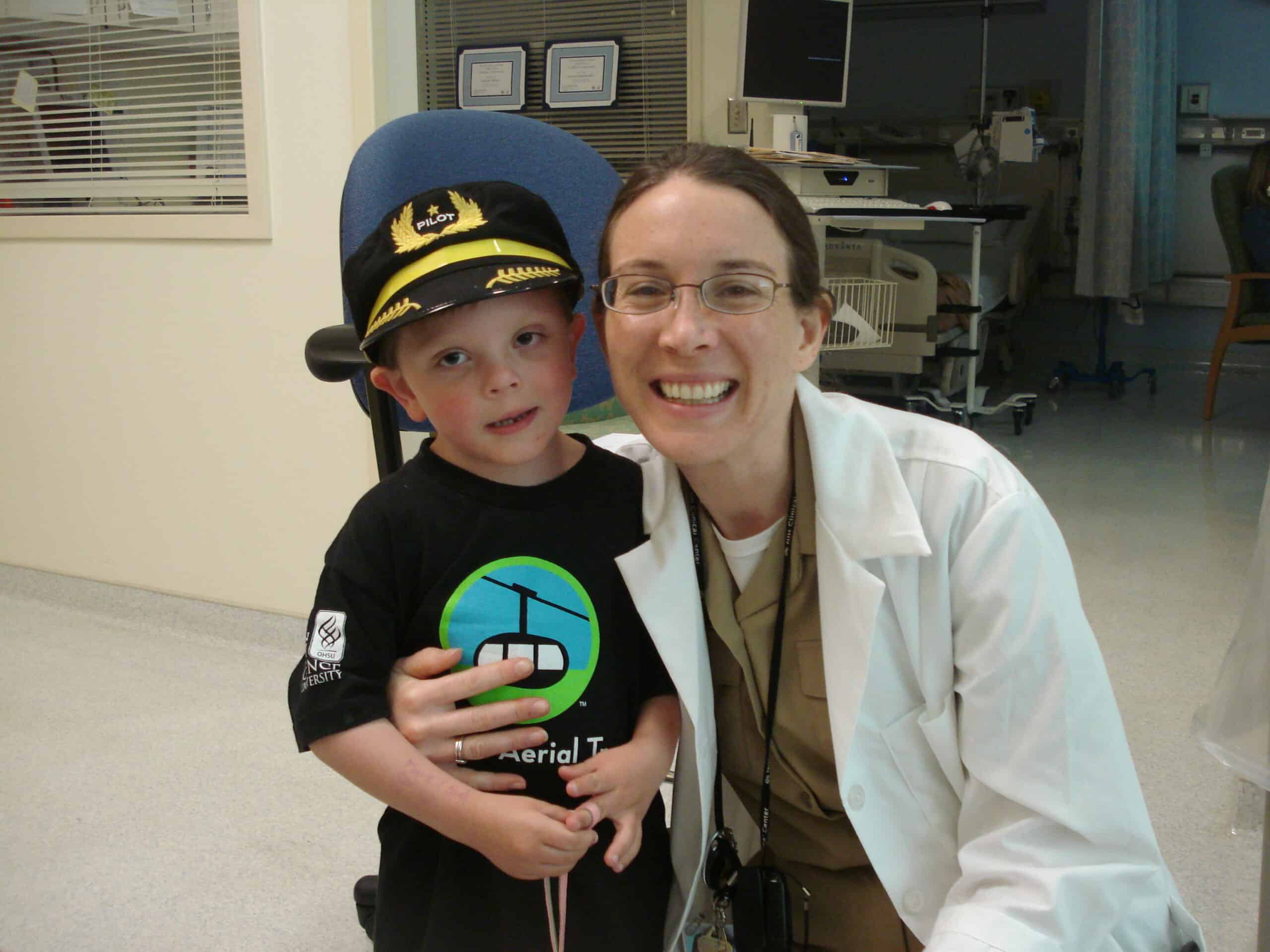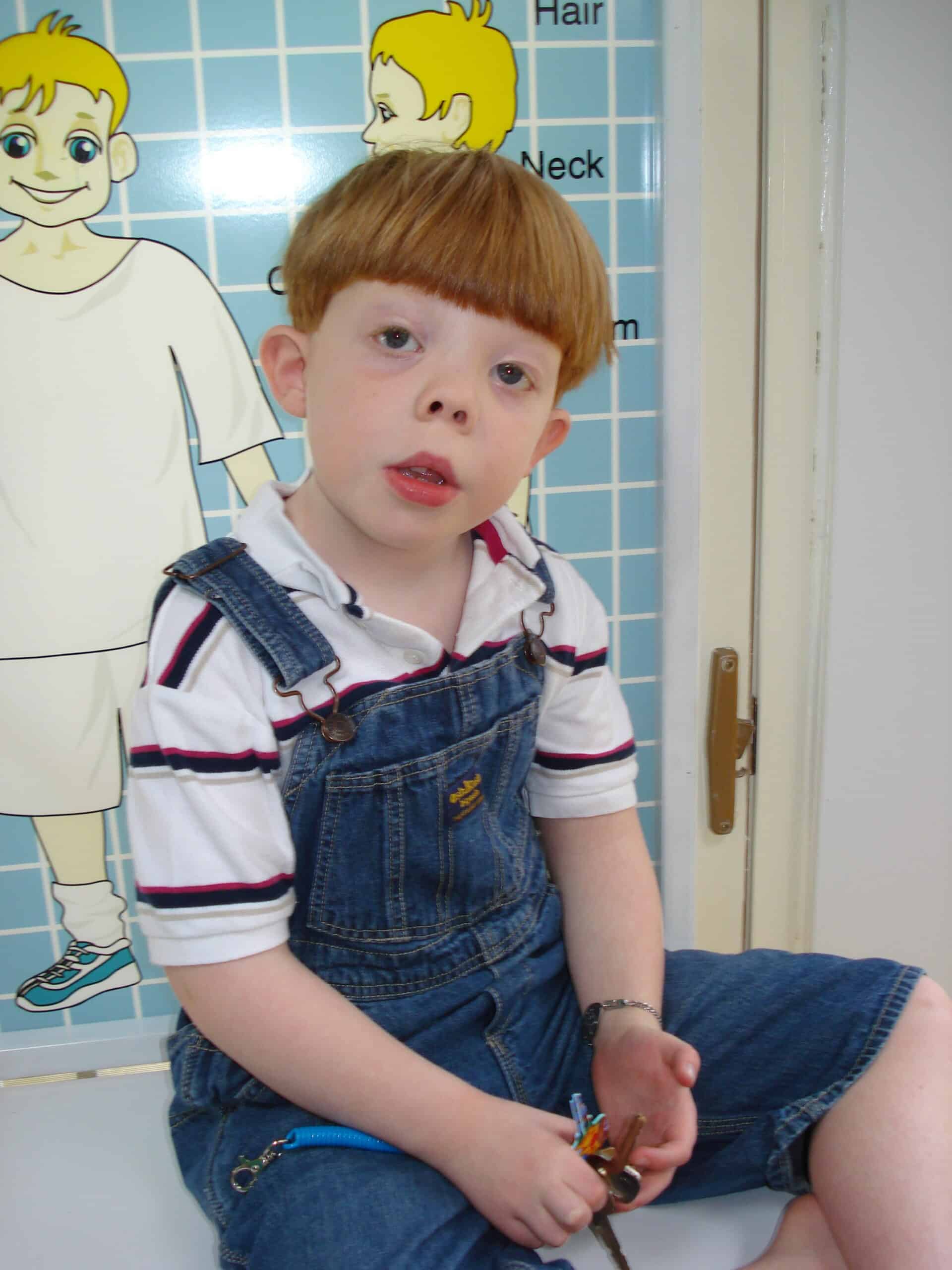The Smith-Lemli-Opitz Foundation reserves the right to publish some basic information about the research grant proposals such as: title, principal investigator, institution, amount requested and/or rewarded and the abstract summary. No trade secrets or confidential information identified as such will be made public.
The Principal Investigator and the grantee Institution indemnify and hold harmless the Smith-Lemli-Opitz Foundation, its Board Members, Officers, agents, advisors and constituents from any claim judgment, award, damage, settlement, liability, negligence or malpractice arising from research related to the research grant.
The agreement between parties is a funding agreement only.
If you have any questions about the application process, please contact us at no**@sm*************.org or contact Gretchen Noah at +1-701-367-1976. When an application has been submitted and reviewed, you will be notified of a final decision regarding the grant.
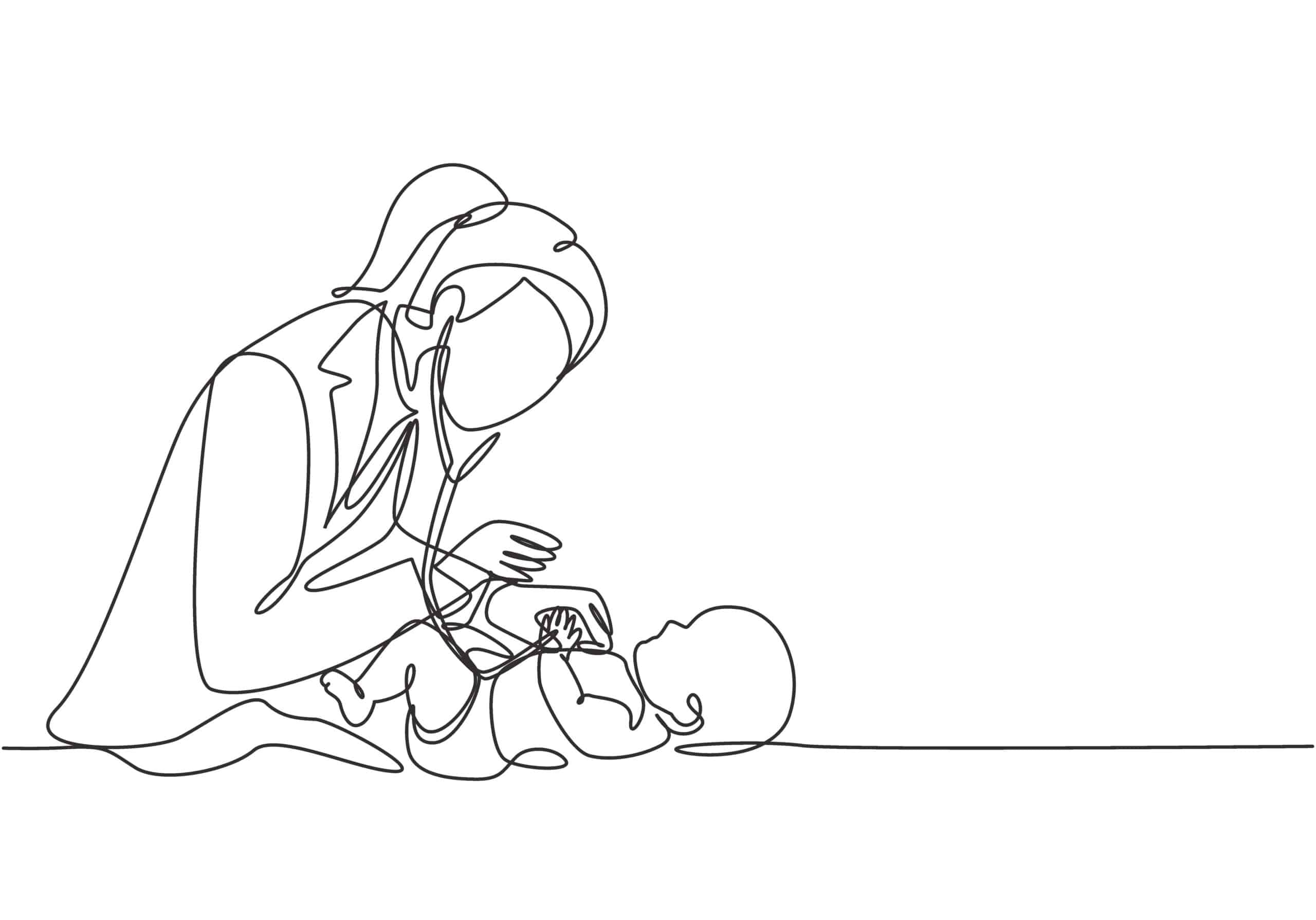 Menu
Menu
